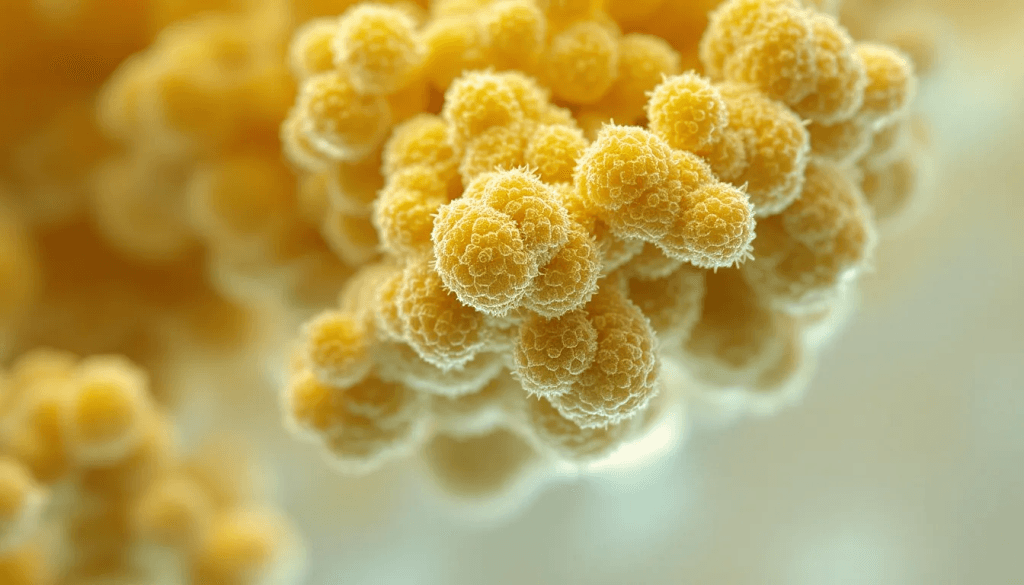Mold and mildew issues are a typical concern, and one of the most popular questions customers bring to our product specialists. While most people are familiar with seasonal allergy issues, many do not understand how mold in their homes or offices can be contributing to their asthma problems, allergy symptoms, and poor health.
Is Mold and Mildew Affecting You?
Many people think that mold in their homes might be causing their health issues but are unsure if mold air purifiers will help. Others notice the musty or moldy odor in their homes but do not think it causes illness; they want their indoor air to smell fresher and to have a clean residence.
We Can Not Get Rid of the Presence of Mold and Mildew Completely
What is the truth about mold? Is it a problem or a part of nature that we have to accept? If it is an issue, how serious of an issue is it, and is there anything to be done about it? Yes, mold is an element of nature and plays an integral part in the decay of leaves and trees. So mold is good – outdoors!
However, We Can Maintain Mold and Mildew Where It Belongs
We know mold has a purpose in nature, but clearly molds inside of your house or workplace are not good. Airborne mold spores inside your home become a problem when they land on wet surfaces. In a damp environment, mold spores quickly reproduce; this causes human discomfort and even disease.
What Does It Require to Get Rid of Mold and Mildew
Mold and mildew bits are small enough to go through the cilia in your sinuses and well little to be easily breathed out, so they can become lodged in your lung tissue. More significant particles, such as dust, are usually caught by the cilia before they enter the lungs.
Mold Direct Exposure Can Be Damaging
Some molds, called mycotoxins, are products of mold metabolism and potentially hazardous. Allergic reactions to molds are typically in the form of:
- Runny noses
- Watery eyes
- Skin rashes
- Respiratory irritation
- Asthma attacks
- Sinus congestion
How Air Purifiers Help with Mold

Modern air purifier unit designed for mold spore filtration
Air purifiers equipped with HEPA (High-Efficiency Particulate Air) filters can effectively capture mold spores from the air. These filters are designed to trap particles as small as 0.3 microns, which includes most mold spores that typically range from 3-100 microns in size.
Key Benefits of Air Purifiers for Mold:
- Continuous filtration of airborne mold spores
- Reduction in allergen exposure for sensitive individuals
- Improved air quality throughout your home
- Prevention of mold spore circulation through HVAC systems
Choosing the Right Air Purifier
When selecting an air purifier for mold control, consider:
- HEPA filtration capability
- Room size coverage
- Air exchange rate (how many times per hour the air is filtered)
- Additional features like UV-C light or activated carbon filters
Prevention is Key
While air purifiers can help manage airborne mold spores, the most effective approach combines:
- Moisture control - Fix leaks and maintain proper humidity levels
- Proper ventilation - Ensure adequate air circulation
- Regular cleaning - Remove visible mold growth promptly
- Air purification - Use HEPA air purifiers as an additional layer of protection
Conclusion
Airborne mold can significantly impact indoor air quality and health. While we cannot eliminate mold entirely from our environment, we can effectively manage it through proper moisture control, ventilation, and air purification. HEPA air purifiers serve as an important tool in maintaining healthier indoor air by capturing mold spores before they can cause health issues.
If you suspect mold issues in your home, consider professional mold testing to identify the extent of contamination and develop an appropriate remediation strategy.
